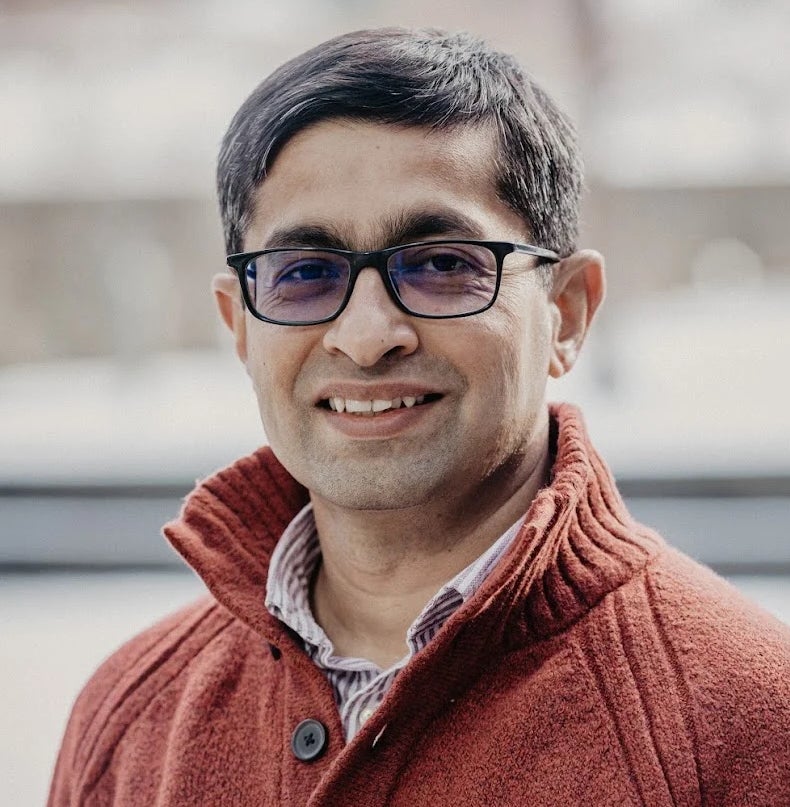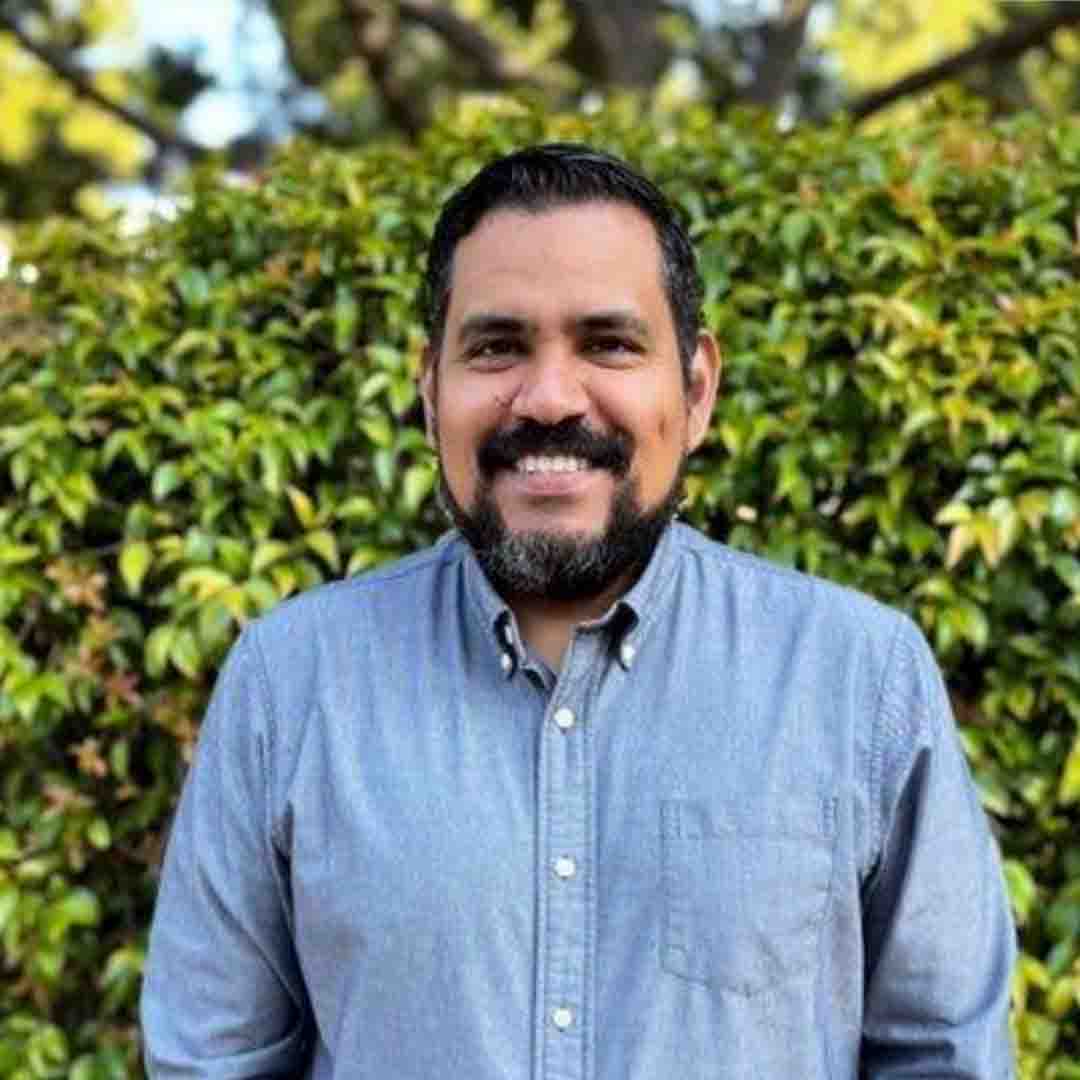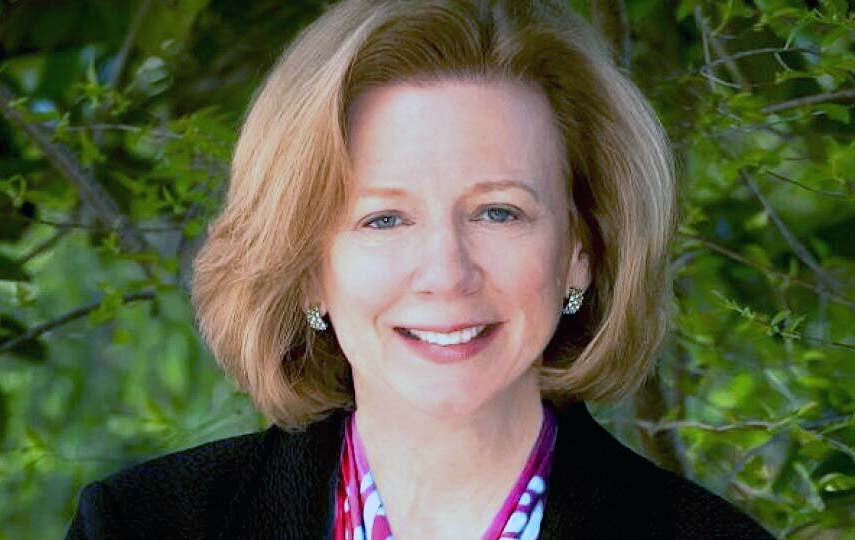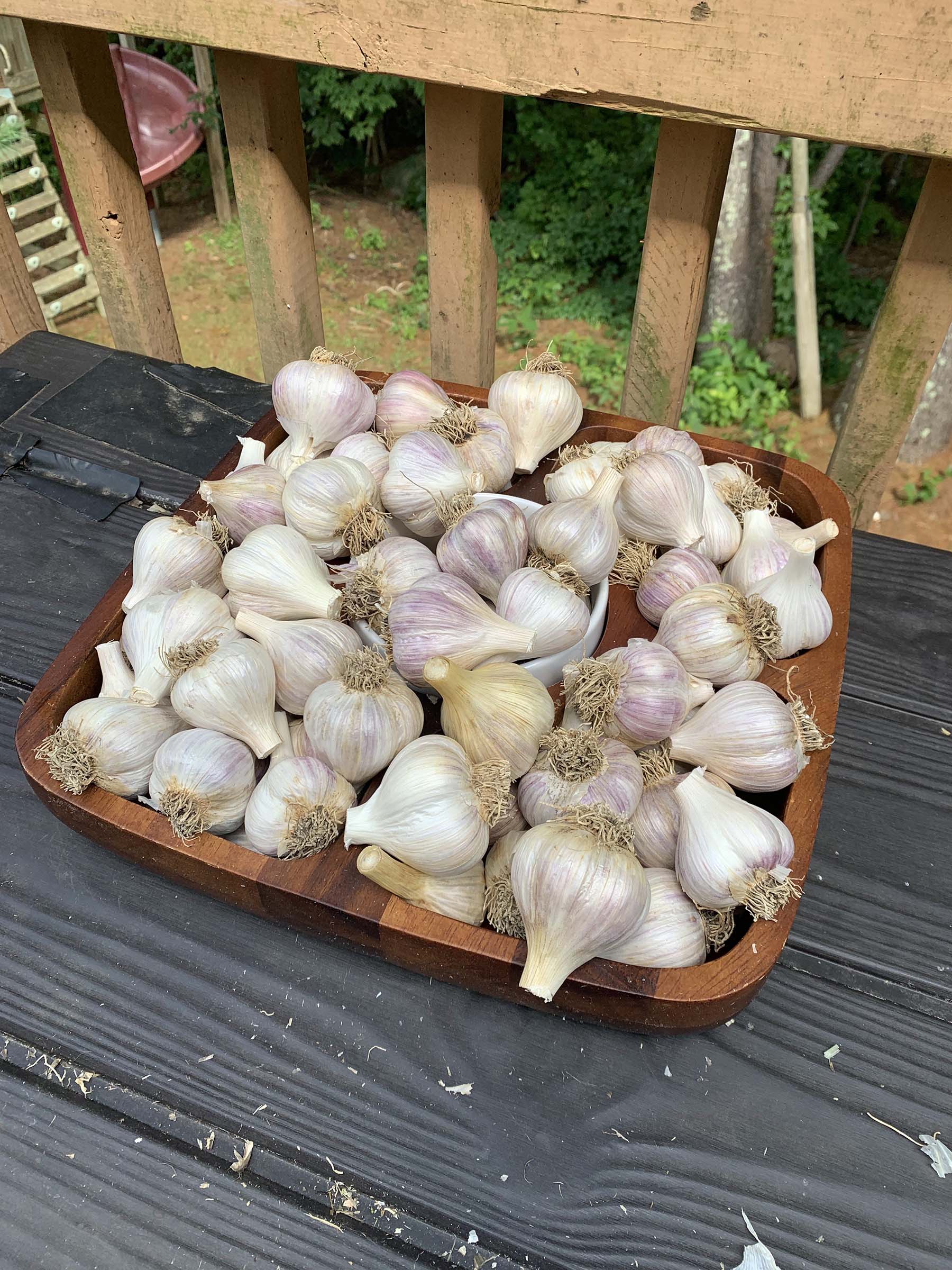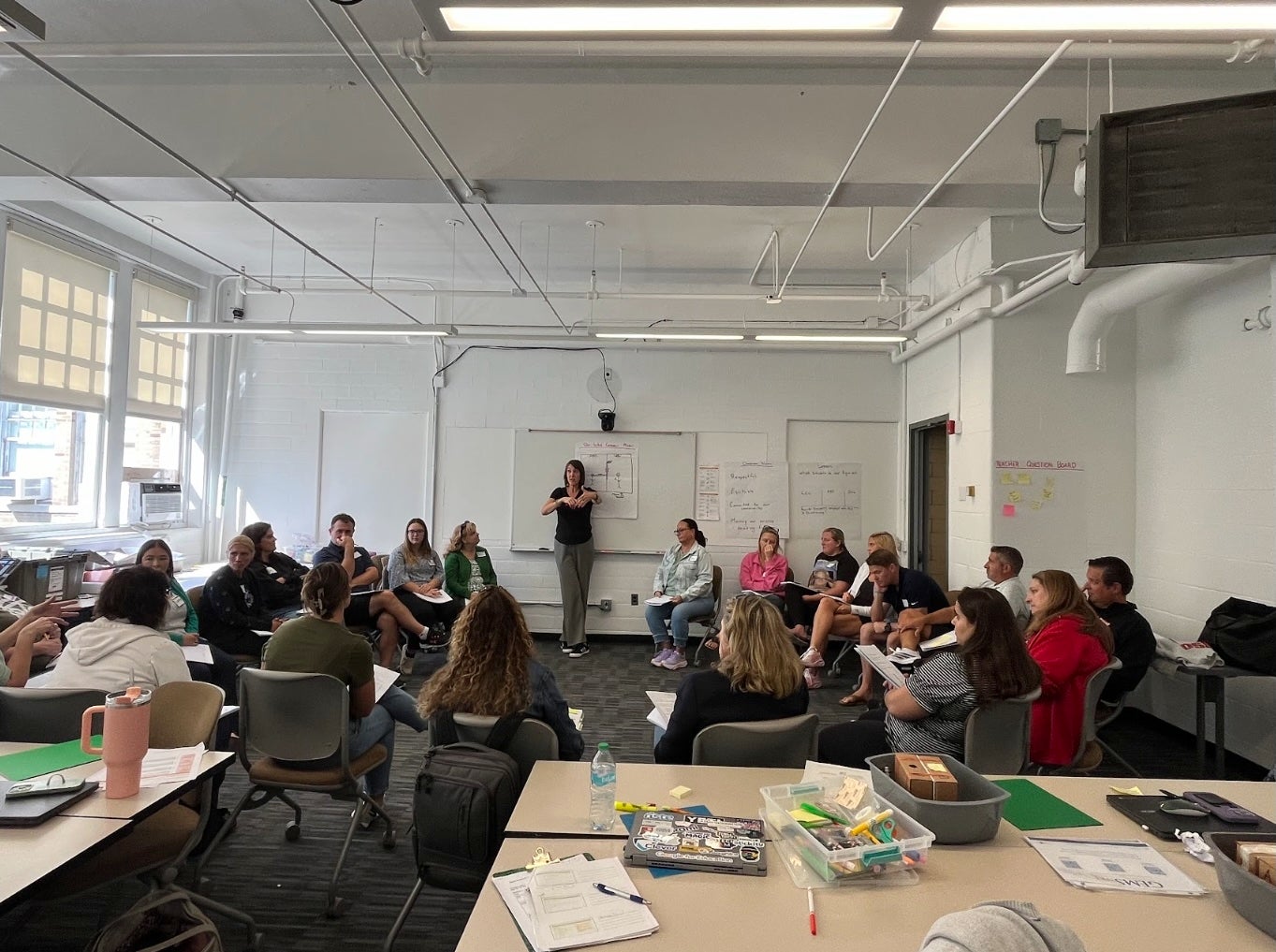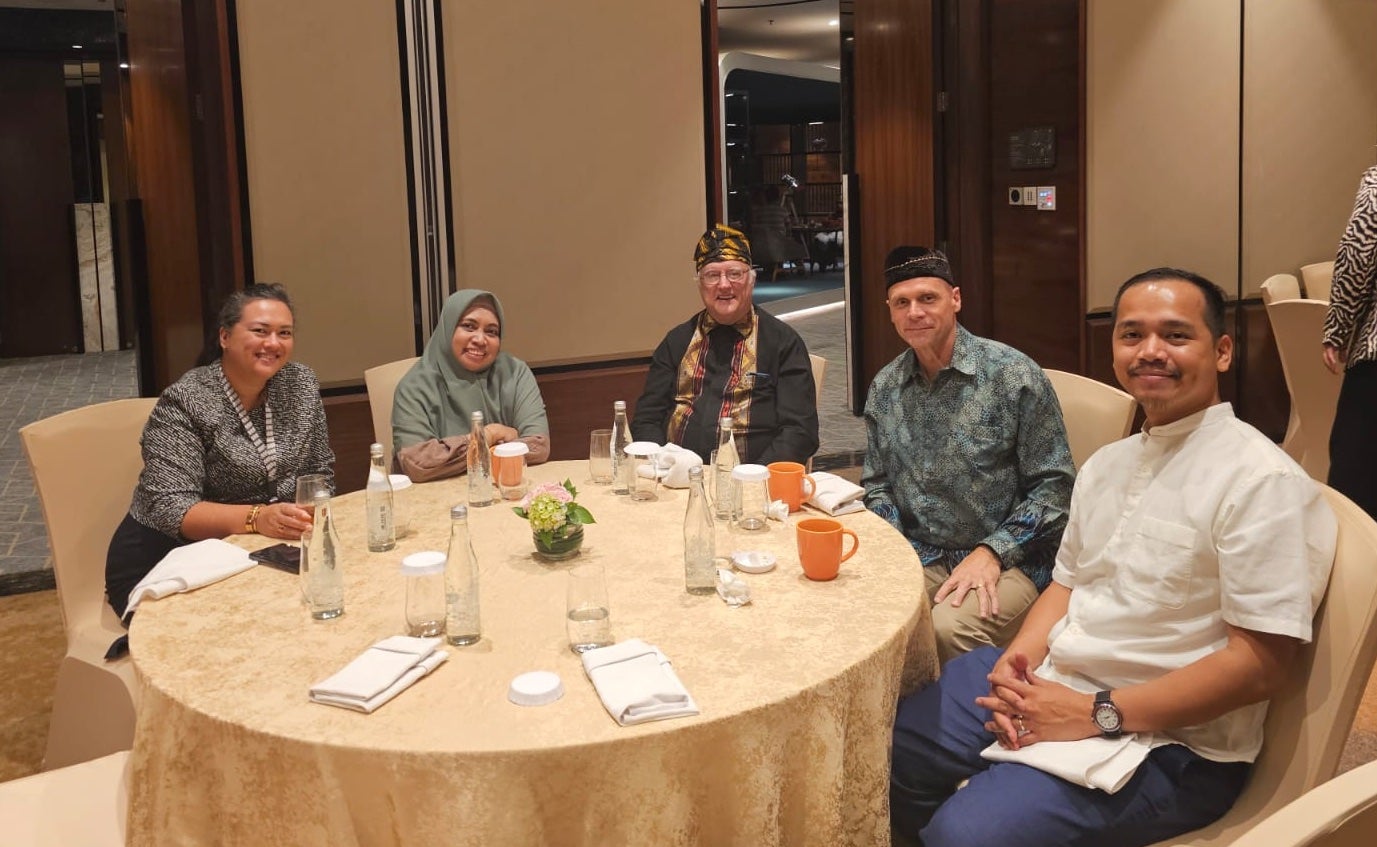Join URI’s Metcalf Institute for a conversation on climate change, public health, and food equity
KINGSTON, R.I. – Oct. 15, 2025 – The University of Rhode Island’s Metcalf Institute wraps up its Annual Public Lecture Series this month with “Equity on the Table: A Conversation about Public Health, Food Access, and Climate Change” on Thursday, Oct. 23, at 5 p.m. at the Higgins Welcome Center. The event will bring together a panel of three fellows from the National Science Foundation-funded SciComm Identities Project (SCIP), to discuss how we create healthier and more equitable food futures for ourselves and our communities in the face of global climate change.

Between soaring food prices and public health crises, issues surrounding health and food access are in the news almost daily. Engaging in these topics can be complicated as the problems facing our food system are exacerbated by climate change and turbulent politics. Speakers Christine Ekenga, Roger Figueroa, and Ambarish Karmalkar will each contribute their own insights and informed perspectives to the conversation.
“As a physical climate scientist, I can run models and generate data on how the climate is changing,” says Karmalkar, URI assistant professor of geosciences. “But it’s conversations like these that really help turn that science into something useful for addressing real-world challenges.” Karmalkar is a climate scientist studying regional climate change and its impacts on human and natural resources.

Ekenga, an assistant professor of environmental health at the Rollins School of Public Health at Emory University, notes, “I look forward to bringing a public health lens to conversations about our changing climate and to highlighting solutions that protect health now and in the long term.” Trained in epidemiology and the environmental health sciences, Ekenga’s work focuses on investigating the contributions of environmental and occupational factors to human health and well-being, with a special focus on the prevention and control of chronic diseases.
Moderated by Fara Warner, the Metcalf Institute’s executive director, the conversation will focus on the intersection of climate change, public health, and food equity, and will highlight the fellows’ research. “I’m looking forward to having three scientists working in what can seem to be disconnected fields of research discuss how their work is indeed connected and what happens when we explore connections as they relate to creating sustainable and equitable food systems,” Warner says.
All three speakers were part of the SCIP fellowship, which was launched in 2023 by the University of Rhode Island’s Metcalf Institute, Michigan State University’s Knight Center for Environmental Journalism, and the URI Science and Story Lab, to serve as a one-year professional development opportunity for pre-tenure faculty at U.S. institutions who identify as underrepresented racial or ethnic minorities in STEM. The project, supported by a $2.8 million collaborative National Science Foundation grant and co-led by URI’s Sunshine Menezes and Michigan State’s Bruno Takahashi, addressed the significant gap in science communication research and training by centering the motivations, experiences, and priorities of underrepresented scientists. The fellowship offered three cohorts, with a total of 38 fellows who completed the program—each focused on a specific subtheme: energy, water, and food.
“I was fortunate to join many wonderful colleagues in the 2025 Food Cohort of Metcalf’s SCIP Fellowship,” shares Figueroa, an assistant professor in social and behavioral science in nutrition at Cornell University. His current research examines the role of social services and policies, as well as sustainable food systems, on the prevention of diet-related chronic diseases in low-income and minoritized communities. “[During SCIP], we developed strong bonds that will last for a long time and always reminds me of the power of building community in academia. I learned much from engaging in similar conversations with my cohort and I look forward to translating much of those conversations as part of this panel.”
Co-sponsored by URI’s College of the Environment and Life Sciences, College of Health Sciences, and Harrington School of Communication and Media, this free, open-to-the-public event will take place in the Hope Room, Higgins Welcome Center at the URI Kingston Campus, and will also be livestreamed. A reception will be held at 5 p.m., with the lecture beginning at 5:30 p.m. Registration is encouraged for in-person attendees and required to receive the livestream link. Learn more at URI’s Metcalf Institute website.
The SciComm Identities Project was supported by the National Science Foundation under Grants DRL-2115971 and DRL-2115522. Any opinions, findings, and conclusions or recommendations expressed in this material are those of the authors and do not necessarily reflect the views of the National Science Foundation.
Latest All News
- URI Gender and Women’s Studies department to hold annual Roundtable for Black Feminist and Womanist Theory Nov. 6-8KINGSTON, R.I. – Oct. 22, 2025 – A new book on the famed African American abolitionist / writer Harriet Jacobs and the weaponization of Black feminism in academia are just two of the topics on the roster at the University of Rhode Island’s sixth annual Roundtable for Black Feminist and Womanist Theory. The three-day conference, led […]
- Community colleges the topic at Oct. 28 Honors ColloquiumKINGSTON, R.I. – Oct. 21, 2025 – Community colleges are often celebrated as engines of access and mobility. But behind the institutional curtains lie a more complicated story. In his talk at the University of Rhode Island’s 2025 Honors Colloquium, Eric Felix will share insights from a three-year research-practice partnership with equity leaders across 20 […]
- Seattle nursing dean, patient care expert to deliver URI College of Nursing’s Fall Distinguished LectureKINGSTON, R.I. — Oct. 21, 2025 — Kristen Swanson, dean and professor emerita at the Seattle University College of Nursing, will discuss “Caring—The Difference that Makes a Difference: From Discovery to Randomized Trials and Clinical Translation,” as part of the University of Rhode Island College of Nursing’s Fall Distinguished Lecture series. The lecture, scheduled for Thursday, […]
- Spooky suggestion: Get your garlic in the ground for Halloween!KINGSTON, R.I. – Oct. 21, 2025 – While gardeners across the region are closing up shop and putting away their gardening tools, University of Rhode Island Cooperative Extension Master Gardeners say fall is a great time of year to get some plants into the ground and plan for next year. Cooperative Extension’s Kate Hardesty, of […]
- Science teacher education program celebrating 30 years and new campus location with open house Oct. 29KINGSTON, R.I. – Oct. 20, 2025 – Teachers by nature are used to being on the move. But this fall, the office for one of the state’s premiere teacher professional learning programs has relocated from the University of Rhode Island’s Narragansett Bay Campus to its Kingston Campus. After building a strong foundation at the University’s […]
- A Rhode Island fisheries model for Asia-Pacific nationsKINGSTON, R.I. – Oct. 20, 2025 – Last month, a Rhode Island team of experts traveled to Indonesia to collaborate with representatives from Southeast Asian countries on sustainable fishery management. University of Rhode Island professor Michael A. Rice; Jason McNamee, Ph.D. ’18, deputy director of the Rhode Island Department of Environmental Management (DEM); and Maria […]



